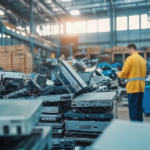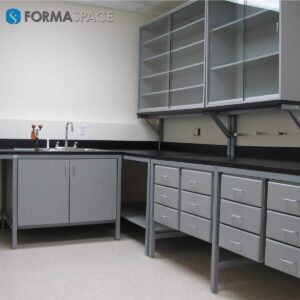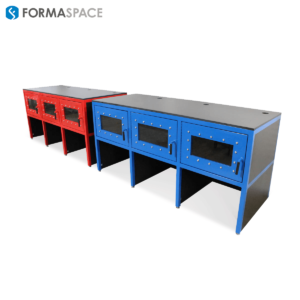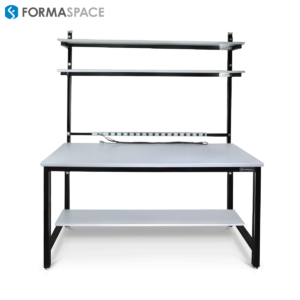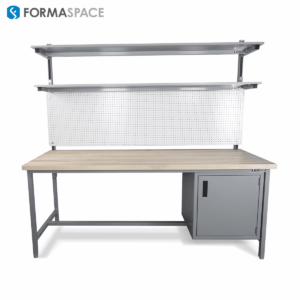Those of that live in cities or suburbs often dream about the quiet life out in the country on a farm. In our mind’s eye, the farm represents a simpler, back-to-basics way of life — far far away from loud, hectic city life. We hate to shatter your daydreams, but you probably haven’t visited a working farm in a long, long time. It’s true; life on a farm might be quiet in the wee hours of night before the roosters start their incessant crowing. But once the work day begins and numerous gasoline and diesel-powered farm implements spring to life, you’ll probably find today’s noisy modern mechanized farm life will make you run back to the relative quiet of the city.
In a world where utility golf carts glide silently across verdant fields and nearly silent electric hybrid cars dominate taxi fleets in cities like Seattle, why can’t the farmer benefit from similar technology? The typical farm tractor is loud, vibrates like heck and provides hours of unpleasant bone-crushing, kidney-squishing, fume-smelling discomfort. Looks like there is a hole in the market.
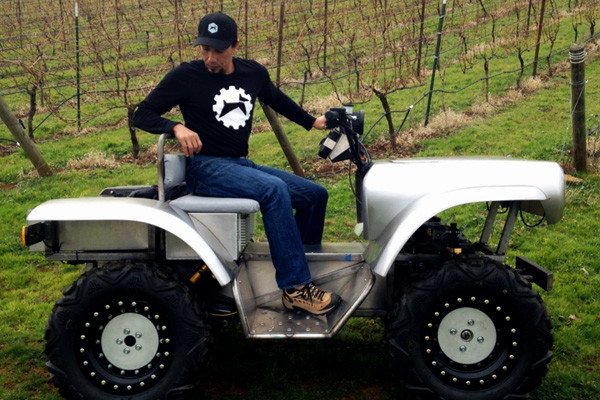
Technology Meets Rural Life in a Big Way
That’s exactly the point that Rogue Rovers CEO Melissa Brandao makes when she pitches her company’s new all-electric All-Terrain Vehicle, dubbed the FarmDogg, which is targeted at the 200 acre, high-value crop farm market. We’ve written before about the entrepreneurial activities of ex-Apple employees, like former Apple engineer and CEO of Stir, JP Labrosse, whose company builds furniture that moves by itself to encourage desk jockeys to change positions throughout the day. Like Labrosse, Brandao is also an Apple employee alum. And she’s brought that same Apple passion for solving problems — by integrating modern technology in a user-friendly product concept — to the agricultural equipment market.
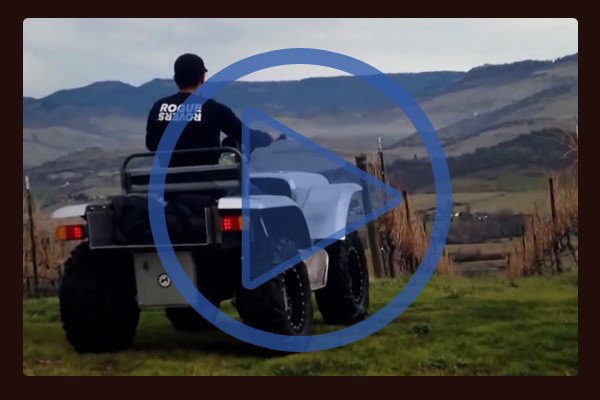
In her Rogue Rover investment ‘Elevator Pitch’ video clip below, Brandao points out that today’s farmers rely on gasoline-powered all-terrain vehicle designs that date back 20 years or more. They are loud and top-heavy, making them relatively unsafe. They also lack the ability to perform any data gathering, which is becoming an increasingly important task for farmers who need to manage pests, monitor scarce water resources, and identify diseased plants.
The prototype FarmDogg vehicle addresses these problems by offering a quiet, all-electric vehicle with propulsion motors mounted in the wheel hubs. This arrangement (which eliminates a conventional drive-shaft) lowers the vehicle’s center of gravity, making it safer by reducing the risk of rollover. The product also integrates what they are calling DoggBone, a software system that will allow farmers to gather useful data like soil moisture, record applications of pest control, and geo-locate diseased plants using built-in sensors and GPS capabilities. Eventually the DoggBone system could be expanded to let the FarmDogg vehicle drive across farm fields autonomously.
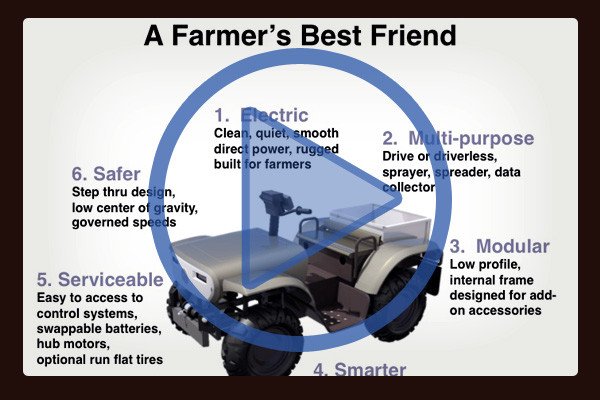
Meanwhile industrial designers in Germany have been contemplating these same issues. A design competition held last year by Poly-Lab.Net resulted in the winning design shown above, called the “Kulan“. Designers Felix Goetze, Tom Mudra, Hans-Tobias Schicktanz and others created the Kulan’s incredibly lightweight design — it weighs only 300kg (660 pounds) but can carry loads of up to one metric ton (2200 pounds)!
Like the FarmDogg, the Kulan is powered by electric motors mounted in the wheel hubs. While this may seem like a brand new idea, it’s actually a very old one. Austrian-born car designer Ferdinand Porsche — world famous for designing the Volkswagen Beetle and founding his eponymously named Porsche car company — came up with this design concept 115 years ago.
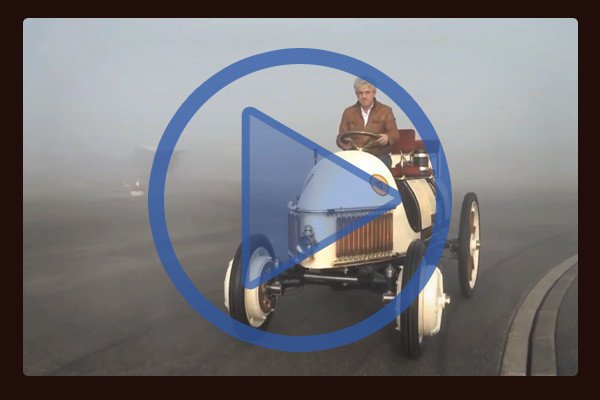
The car, known today as the Porsche-Lohner Semper Vivus, not only sported hub-mounted electric motors on the front wheels, it’s also the grandfather of today’s hybrid electric cars. Later versions of the car came equipped with an on-board conventional gasoline motor which ran a generator that supplied power to the battery that in turn powered the front wheels. To celebrate this achievement, Porsche commissioned an authentic recreation of the original vehicle. It’s fascinating to watch the car drive around the track and realize that a century later we have come full circle with electric cars.
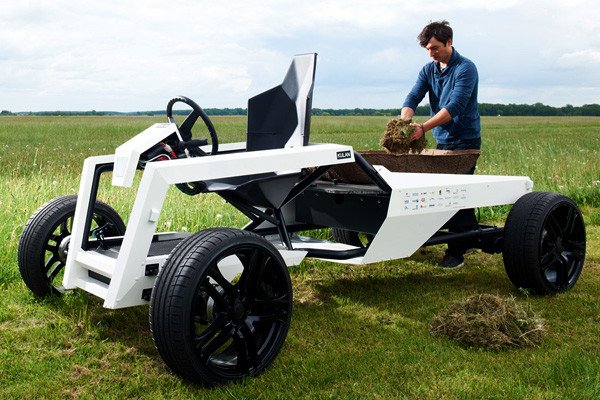
Formaspace Technical Furniture Can Help You Stay at the Cutting Edge
Whether you have an apple orchard, a vineyard or a high-tech agricultural research laboratory, Formaspace is here to help. Our American-made technical furniture solutions are flexible, reconfigurable and long-lasting.
We invite you to join the roster of satisfied Formaspace technical, manufacturing and laboratory furniture clients — including Apple Computer, Boeing, Dell, Eli Lilly, Exxon Mobile, Ford, General Electric, Intel, Lockheed Martin, Medtronic, NASA, Novartis, Stanford University, Toyota and more.
Give us a call today at 800.251.1505 to find out more about the Formaspace line of built-to-order computer workstations, industrial workbenches, laboratory furniture, lab benches and dry lab/wet labs — as well as our design / furniture consulting services. Like all Formaspace furniture, it’s backed by our famous 12 year, three shift guarantee.




